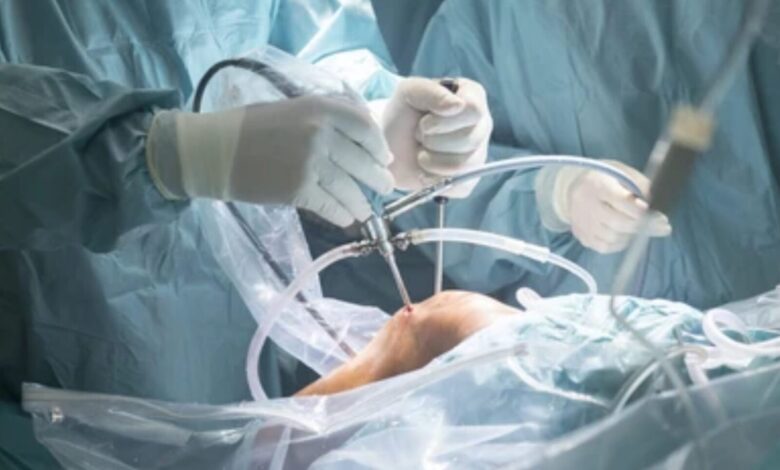SHOULD ARTHROSCOPIC KNEE SURGERY CEASE?

Degenerative knee disease is a very common problem. It is the term given to changes in the knee joint that result from wear-and-tear and repeated overuse of the joint. It includes thinning of the cartilage on the surface of the bones and damage to the semi-lunar cartilages, the menisci. Degenerative is a term that is interchangeable with the diagnosis osteoarthritis. Osteoarthritis is degenerative joint disease of the knee, and vice versa. They are two names for the same entity.
Arthroscopic knee surgery has been done for almost a century, but it found its way into the mainstream in the early 1970’s when sports medicine became a popular specialty. Millions, if not billions, of knee arthroscopies have been done, but it’s value for degenerative joint disease is being questioned. In recent decades, fewer and fewer knee arthroscopies have been done because long term, post op results haven’t been as expected. In fact, many people have had as much trouble after surgery as before.
To set the record straight on arthroscopic surgery and its usefulness for degenerative knee disease, physicians from Australia, the Netherlands, Canada, South Korea, Spain, and the Scandinavian countries collaborated on an extensive analysis of the problem. They evaluated/analyzed several clinical studies to “assess the benefits and harms of arthroscopic surgery, including debridement (cleaning up the joint cartilage), partial or total meniscectomy (meniscus removal), compared with placebo surgery or non-surgical treatment in people with degenerative knee disease.” In other comparisons, patients received an injection in the knee of either cortisone or hyaluronic acid (collagen gel), took an NSAID, or were prescribed an exercise program.
The results were disappointing to arthroscopy advocates. “High-certainty evidence indicates arthroscopic [knee] surgery leads to little or no difference in pain or function at 3 months after surgery….and probably little or no improvement in knee-specific quality of life 3 months after surgery….and little or no difference in participant-reported success up to 5 years.”
Wow! That’s quite an indictment of arthroscopic knee surgery for degenerative/arthritic problems. Little or no improvement in pain, knee function, knee-specific quality of life, or success as rated by participants! “We are confident that arthroscopy does not provide any clinical benefits in terms of pain and function….knee-specific quality of life….and reports of success of surgery.”
Potential adverse events associated with arthroscopic knee surgery are numerous, but post-arthroscopy patients have a higher frequency of needing additional surgery with the most frequent of those being total joint replacement. One surgery begets another! I think surgeons are well-aware of this possibility, but are obligated to take the conservative route and try arthroscopic surgery first.
Dr. G’s Opinion: One of my close colleagues has spoken out against knee arthroscopies for years for the very reasons cited in this article. It’s a necessary step that may be detrimental and a waste of time. It seems like orthopedists should give some thought to this dilemma, and maybe they have. I don’t know. But arthroscopic knee surgery is done frequently. Maybe it needs to be done less often.
References: O’Connor D, Johnston RV, et al. Arthroscopic Surgery for Degenerative Knee Disease (osteoarthritis including degenerative meniscal tears). Cochrane Database of Systematic Reviews 2022;3:CD014328.
Deck JW, et al. Arthroscopic Surgery vs. Physical Therapy for Degenerative Meniscal Tears Am Fam Phys 2024 Oct;110(4):421-422.





Interesting. Arthroscopy was Dad’s bread and butter, back in the day, was his specialty. I’ll have to ask him his thoughts on this, although, he’s been out of the game for a while now. 😉
Sandy had it once for a torn meniscus. It led to a partial knee replacement a few years later, then a few more years later a total knee replacement.
DEPENDS! IF a loose body blocks movement or causes pain, if a meniscal flap blocks movement or causes pain, if a rare septic arthritis occurs: then arthroscopy is indicated. As an orthopaedic resident in the 80’s (a revolution in fiber optics and micro cameras had occurred), we residents recognized then that “scoping” nothing more than arthritic knee was of no consequence. Unfortunately, a few orthopaedists never realized this.
JGP
I should have commented on the traumatic knee and loose bodies like you mention.